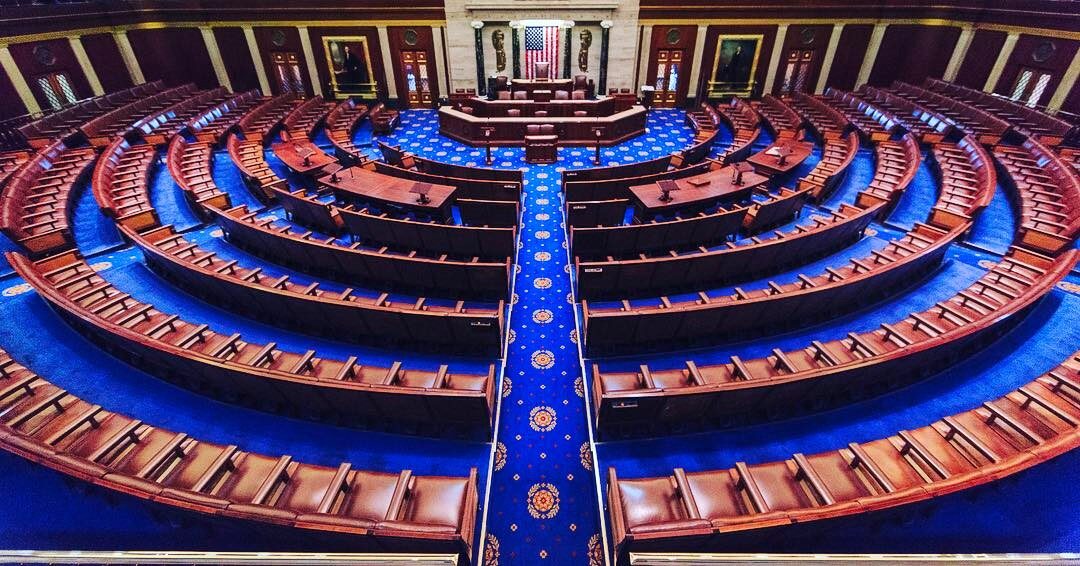The New York Power Authority’s (NYPA) board of trustees approved a 10-year strategic plan for decarbonizing New York’s energy infrastructure.
The plan, known as VISION2030, includes commitments to invest in 325 MW of distributed and customer-sited solar by 2025 and 450 MW of storage by 2030. It also calls for investing $200-400 million annually to grow NYPA’s transmission asset base three to five times by 2030.
Developing additional transmission assets is seen as critical to integrating increasing amounts of renewable energy resources into the grid. The state has a goal of 70% renewable electricity by 2030.
Three major transmission projects – SmartPath, the Marcy to New Scotland transmission line and the Northern New York transmission initiative – should help the state meet its transmission needs are already underway, NYPA said.
NYPA’s other strategic priorities for the next decade include preserving and enhancing the state’s hydroelectric generation assets, revamping the state’s canal system, and moving toward decarbonization while ensuring the reliability, resilience and affordability of the state’s grid.
“Climate change continues to greatly influence our work, and we will aggressively pursue decarbonization while at the same time enhancing the state’s ability to have a thriving economy,” NYPA President and CEO Gil Quiniones said.
NYPA operates 16 generating facilities and more than 1,400 circuit-miles of transmission lines. Around 70% of its generation is hydroelectric.
New York already has one of the most aggressive climate and clean energy initiatives in the U.S. The state’s Climate Leadership and Community Protection Act (CLCPA), enacted last year, mandated a zero-emissions electricity sector by 2040, including 70% renewable generation by 2030. The law directs the state to reach economy-wide carbon neutrality by 2050. New York’s clean energy agenda also includes bringing 3 GW of energy storage onto the state’s grid by 2030.
In a setback for carbon-intensive energy companies, New York state’s pension fund, which ranks as the third largest public pension fund in the U.S., announced on December 9 a 2040 net-zero carbon emissions target.
Setting the pace
VISION2030 took two years to develop and is intended to accelerate New York’s decarbonization agenda. As part of the planning process, NYPA committed to supplying its customers with carbon-free electricity by 2035 and to transitioning its natural gas plants to low- or zero-carbon emissions by 2035. That date is five years ahead of the state’s 2040 carbon-free electricity goal.
Earlier this year, NYPA signed an agreement with environmental justice groups to assess how its natural gas-fired peaker plants in New York City and Long Island can be transitioned to clean technologies. The potential addition of battery storage and hydrogen blending at the plants is under consideration, NYPA said.
NYPA said that through VISION2030 it will act as a testbed for innovation and also be a first mover in developing and demonstrating new low to zero-carbon technologies and short- and long-duration battery storage.
“Safe battery storage paired with renewable energy sources will be necessary for New York to meet its nation-leading energy targets,” Quiniones said earlier in December when NYPA unveiled a new lithium-ion battery storage project at its White Plains, New York office.
For NYPA, the success of this project, which was developed by Cadenza Innovation, should help demonstrate the safety and use of commercial energy storage systems, while showcasing energy storage’s role in enhancing demand management and grid flexibility.
NYPA said its strategic priorities for the next decade will be supported by its recently approved financial plan. NYPA’s board of trustees also approved new criteria that calls for considering green job components in future applications for economic development awards. It also announced eight economic development awards that are being provided through ReChargeNY energy allocations.
This content is protected by copyright and may not be reused. If you want to cooperate with us and would like to reuse some of our content, please contact: editors@pv-magazine.com.








By submitting this form you agree to pv magazine using your data for the purposes of publishing your comment.
Your personal data will only be disclosed or otherwise transmitted to third parties for the purposes of spam filtering or if this is necessary for technical maintenance of the website. Any other transfer to third parties will not take place unless this is justified on the basis of applicable data protection regulations or if pv magazine is legally obliged to do so.
You may revoke this consent at any time with effect for the future, in which case your personal data will be deleted immediately. Otherwise, your data will be deleted if pv magazine has processed your request or the purpose of data storage is fulfilled.
Further information on data privacy can be found in our Data Protection Policy.